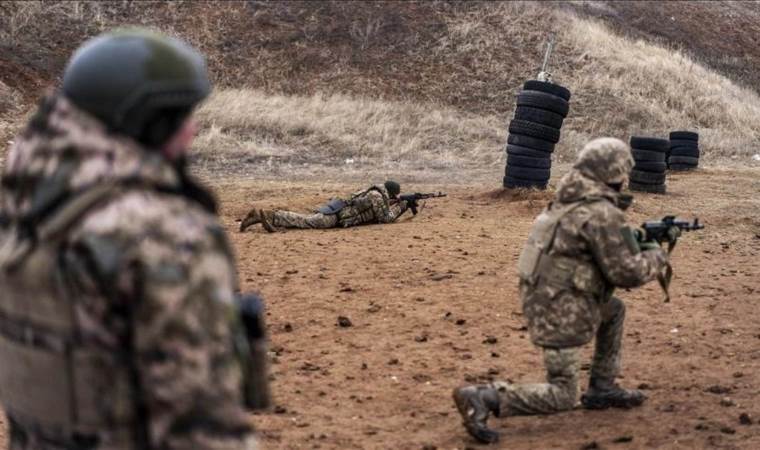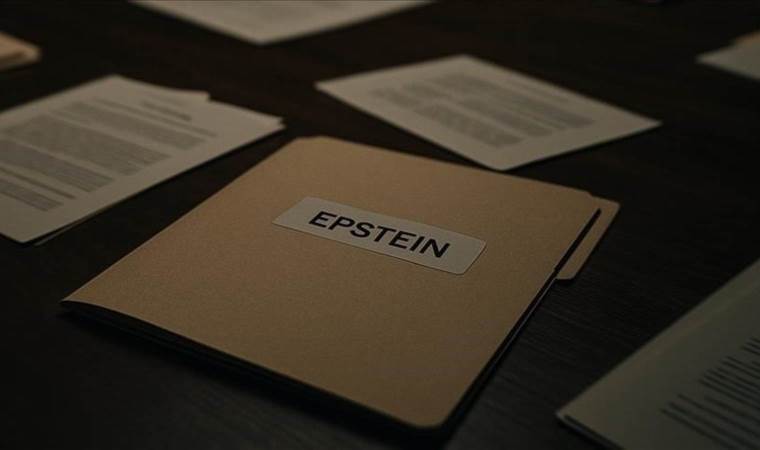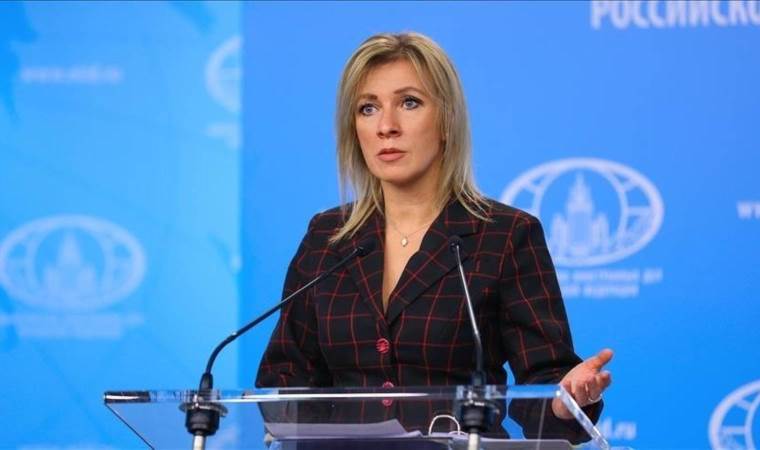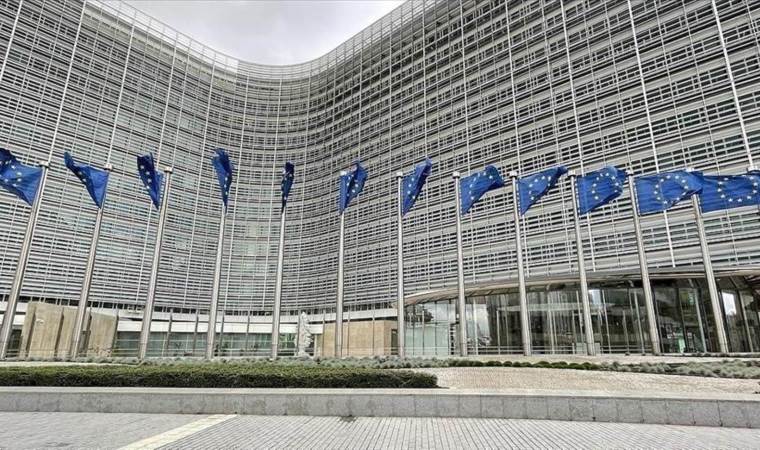Russia warns AI could deepen global inequality, destabilize international relations
Russia warned on Wednesday that artificial intelligence (AI) poses "serious risks" that could impact global stability and exacerbate inequalities between nations.
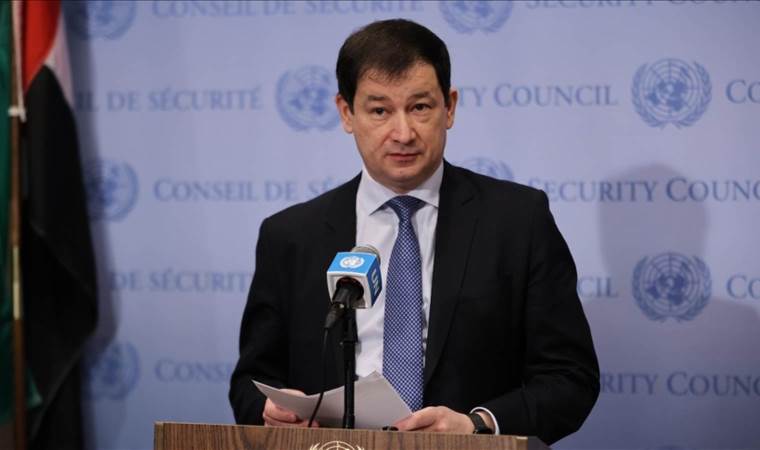
"AI technologies are being applied in the political, social, economic and defense spheres. However, this technology also carries serious risks and is emerging as a new factor that could affect the stability of the entire system of international relations," said Dmitry Polyanskiy, Russia's deputy ambassador to the UN, at the Security Council's open debate on artificial intelligence and international peace and security.
He highlighted concerns over AI's influence on public opinion, elections and critical infrastructure, noting that "AI-based technologies can influence public opinion and election outcomes through the dissemination of news publications and fake content on social media, and they can also impact the functioning of critical infrastructure in other countries."
"Let's be honest: No one in the world fully understands all the risks associated with AI, and this fact cannot be ignored," he said.
Warning about the AI's economic impact deepening global inequality, Polyanskiy said "countries with developed economies will have greater opportunities to leverage their benefits compared to emerging markets and developing nations. This will exacerbate digital inequality and the already significant imbalance in global development, which in turn could lead to social tensions and new conflicts."
He also criticized some regulatory approaches to AI, arguing that "the noble goal of preventively developing responsible AI regulation is only noble in words. In reality, the regulatory system that is being imposed is dangerous and harmful, as it explicitly divides AI applications into good and bad."
"This raises the key question: who will decide what is responsible use?" the Russian envoy asked.
Expressing Russia's support for the UN's coordinating role in AI, he welcomed initiatives such as the UN Global Dialogue and the establishment of an independent international scientific panel.
He added that "we are ready to continue with substantive, equitable, and mutually respectful work on all aspects of artificial intelligence in inclusive, specialized bodies, in order to find solutions that satisfy everyone and maximize the benefits of AI for the entire planet."
Most Read News
-
 Lithuania to expand military training sites near key NAT
Lithuania to expand military training sites near key NAT
-
 Nearly 90 Epstein-linked flights used UK airports: BBC
Nearly 90 Epstein-linked flights used UK airports: BBC
-
 Qatar, UAE condemn Israel’s approval of 19 illegal settl
Qatar, UAE condemn Israel’s approval of 19 illegal settl
-
 Hollywood filmmaker Rob Reiner's son taken into custody,
Hollywood filmmaker Rob Reiner's son taken into custody,
-
 US arrests 4 over alleged California terror plot
US arrests 4 over alleged California terror plot
-
 Moscow condemns 'barbaric' beach shooting in Australia
Moscow condemns 'barbaric' beach shooting in Australia
-
 European leaders welcome progress in Trump-led Ukraine p
European leaders welcome progress in Trump-led Ukraine p
-
 US carries out strikes on 3 vessels in eastern Pacific
US carries out strikes on 3 vessels in eastern Pacific
